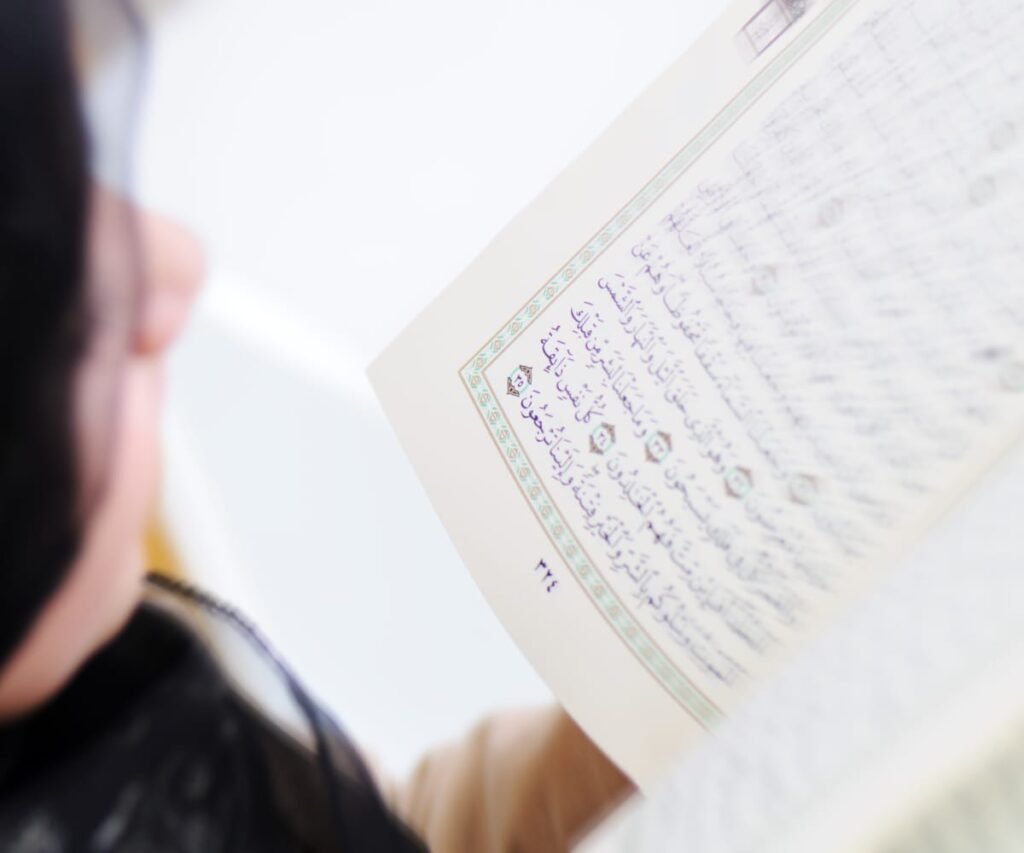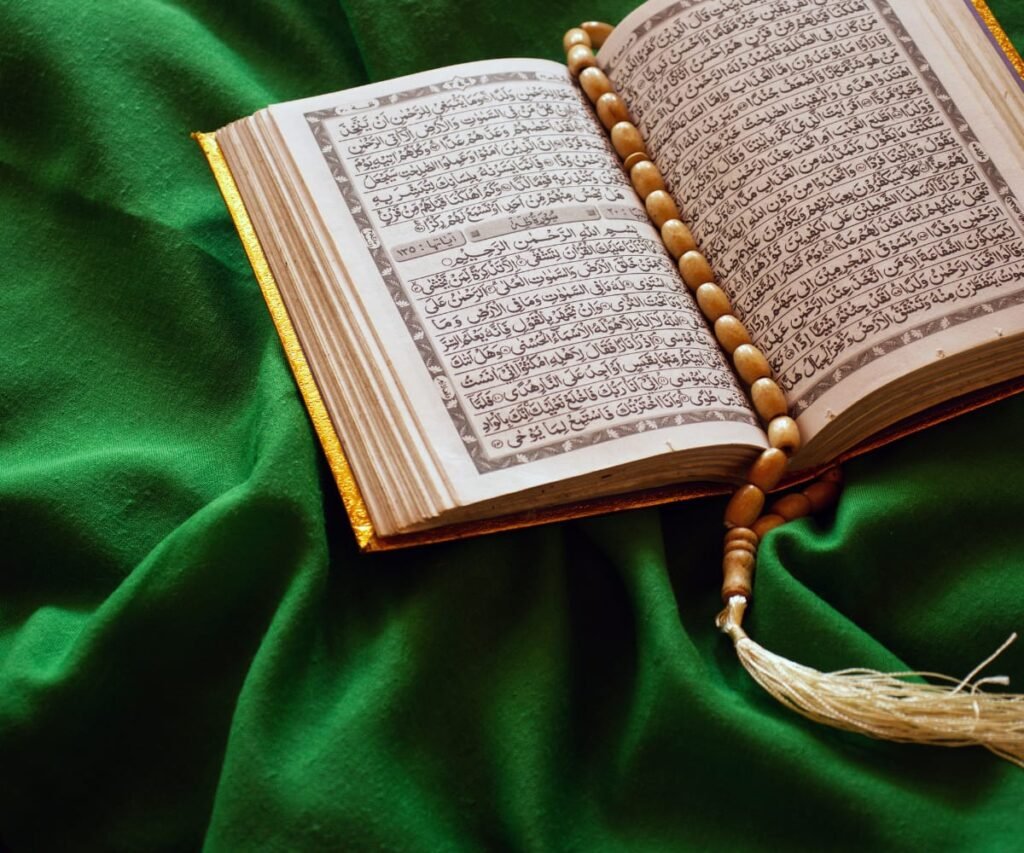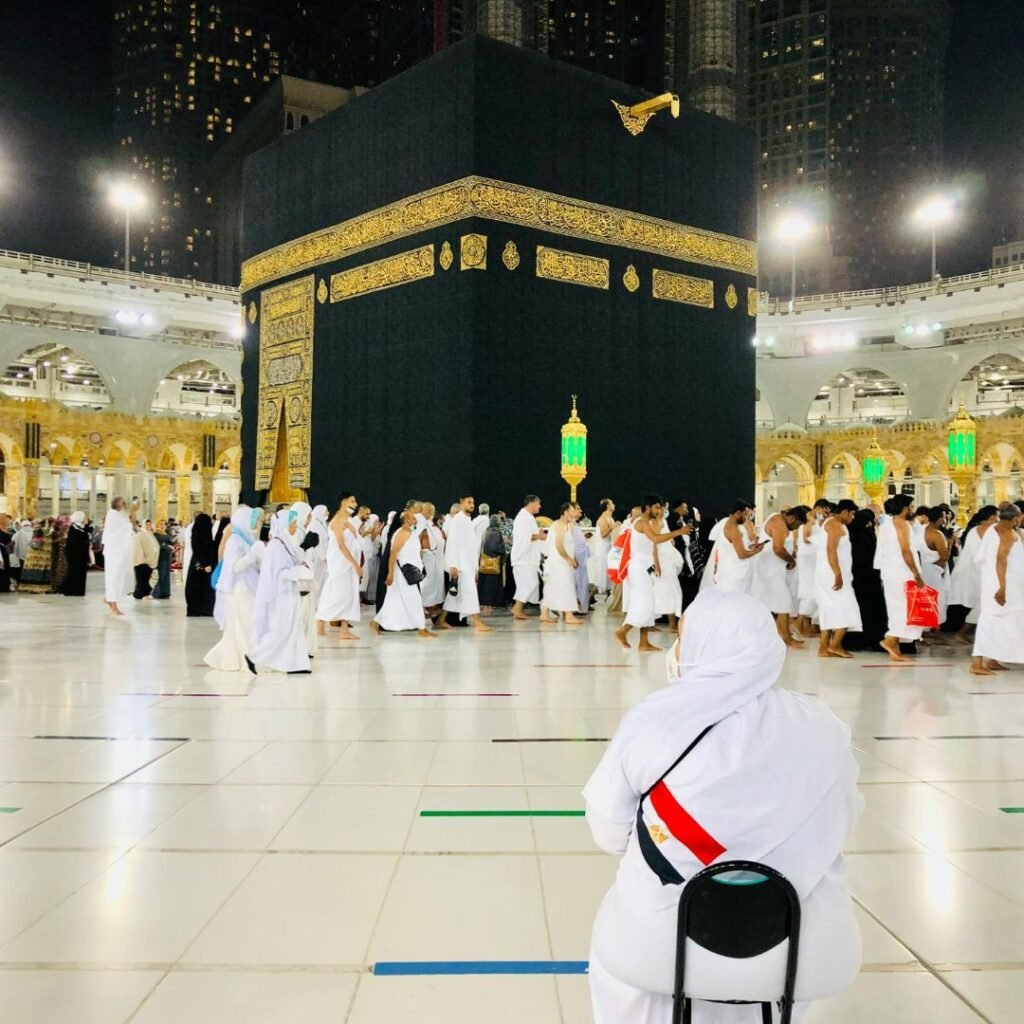The Importance of Sabr in Islam: A Journey of Patience and Faith
The Concept of Sabr in Islam Sabr, or patience, is a virtue in Islam that represents perseverance, self-control, and steadfastness in the face of challenges. It is a quality every believer is encouraged to embody because it reflects trust in Allah’s wisdom and timing. The Quran emphasizes the importance of Sabr repeatedly, showing its role in achieving success both in this world and the Hereafter. “Indeed, Allah is with the patient.” (Quran 2:153) Sabr is not only about enduring hardships; it also includes patience in worship, avoiding sins, and waiting for Allah’s plans to unfold. A Short Story of Patience and Faith Fatima was a young woman who always aspired to be a doctor. She had to juggle family duties with academic studies, but she put in hard work. But then, her father became ill and could not care for himself; thus, Fatima suspended her education to care for him. The years rolled by, and her dream slipped further away. Despite the setbacks, Fatima held onto her faith. She prayed fervently, performed her duties with love, and trusted that Allah had a greater plan for her. After her father’s recovery, she resumed her studies with renewed determination. Fatima not only graduated with honors but also realized how her patience had strengthened her character and faith. Her tale is a reminder that Sabr does not involve waiting but rather hoping and believing in Allah’s will. The Three Dimensions of Sabr Patience in Obedience The consistency in worship, for instance, praying and fasting requires Sabr. It makes the believers steadfast in their devotion to Allah. Patience in Avoiding Sin Resisting temptations and avoiding sinful actions require self-control and trust in Allah’s guidance. Patience in Hardship Life is full of tests, but to endure them with faith and trust in Allah’s wisdom gives one great rewards. Rewards of Sabr The Quran and Hadith promise great rewards for those who practice patience. “And We will surely give those who were patient their reward according to the best of what they used to do.” (Quran 16:96) The Prophet Muhammad (peace be upon him) also said: “No fatigue, nor disease, nor sorrow, nor sadness, nor hurt, nor distress befalls a Muslim, even if it were the prick he receives from a thorn, but that Allah expiates some of his sins for that.” (Bukhari and Muslim) Practical Ways to Cultivate Sabr Strengthen Your Faith Regular prayer, Quran recitation, and remembrance of Allah help build a strong connection with Him, fostering patience. Reflect on Allah’s Plan Trust that Allah’s wisdom is greater than our understanding. Think about past hardships and how they led to growth or blessings. Seek Support Surround yourself with good influence, such as family and friends who support patience and perseverance. Practice Gratitude Gratitude helps to change one’s focus from hardships to blessings, which can help the hardship to be borne patiently. Conclusion: The Power of Sabr Sabr is a deep expression of faith and reliance on Allah. It teaches believers to navigate life’s trials with grace, trust, and hope. The story of Fatima, like countless others, reminds us that patience leads to growth, rewards, and a deeper connection with Allah. Remember in times of hardship that Sabr is not just putting up with pain but rather embracing it with faith that Allah’s plan is always for our ultimate good. As the Quran reassures: “So be patient. Indeed, the promise of Allah is truth.” (Quran 30:60)









